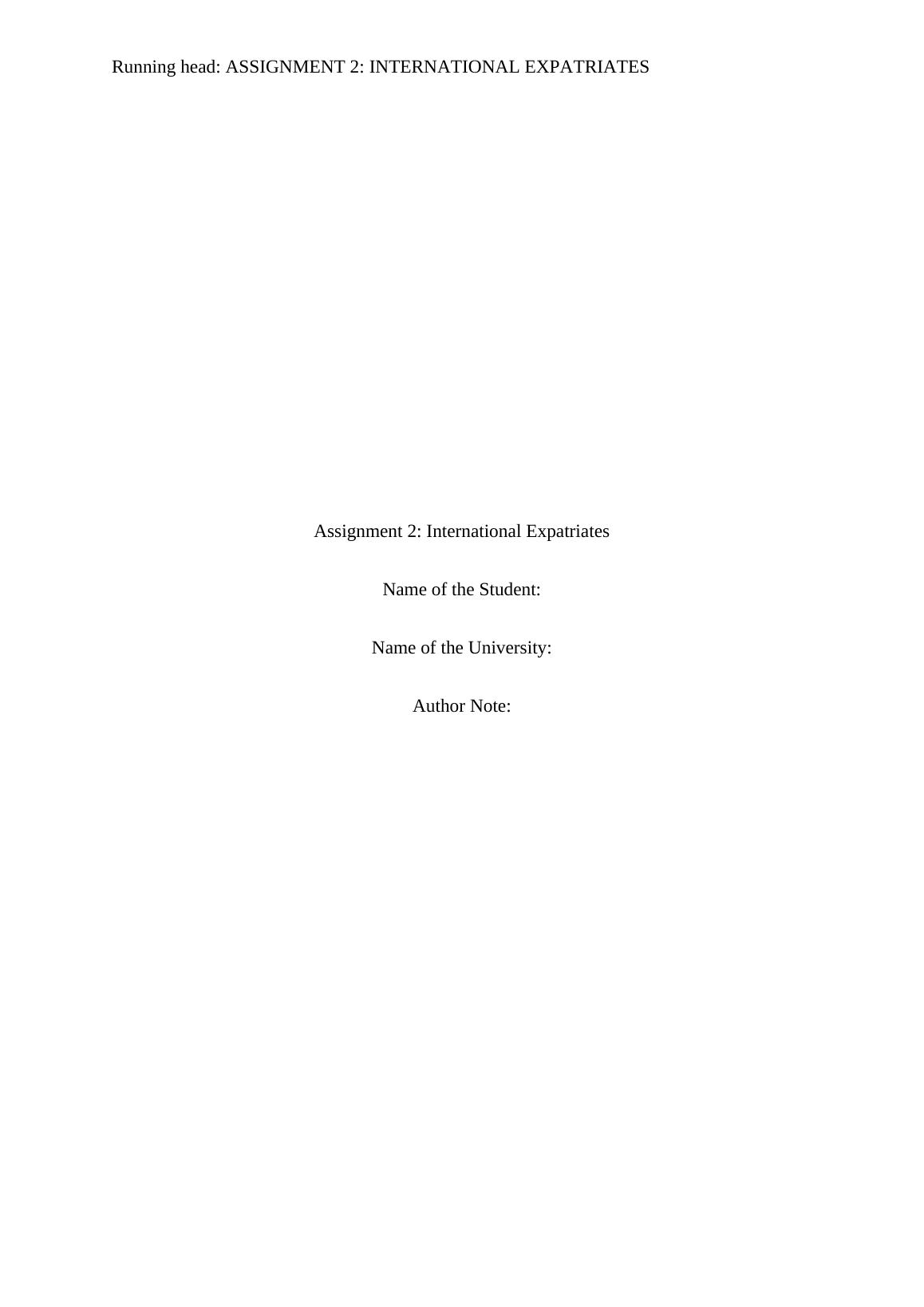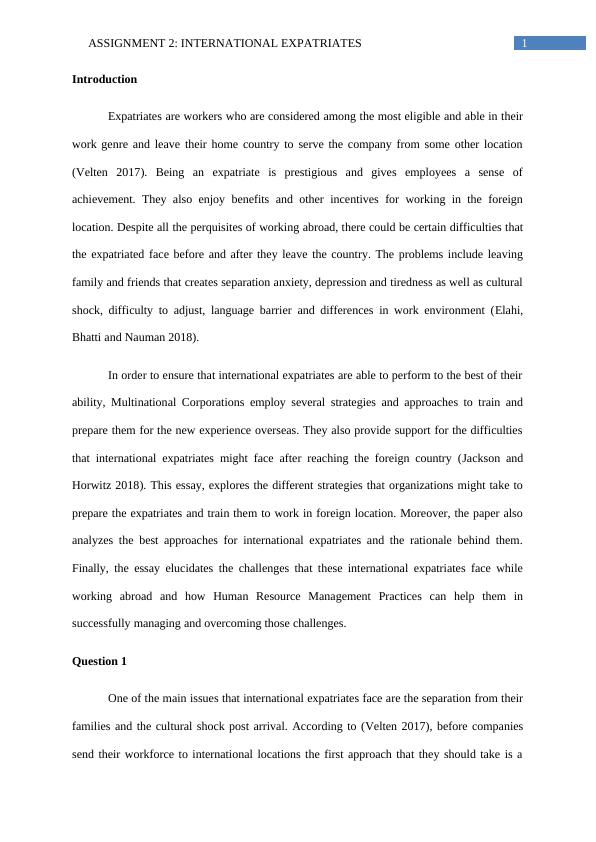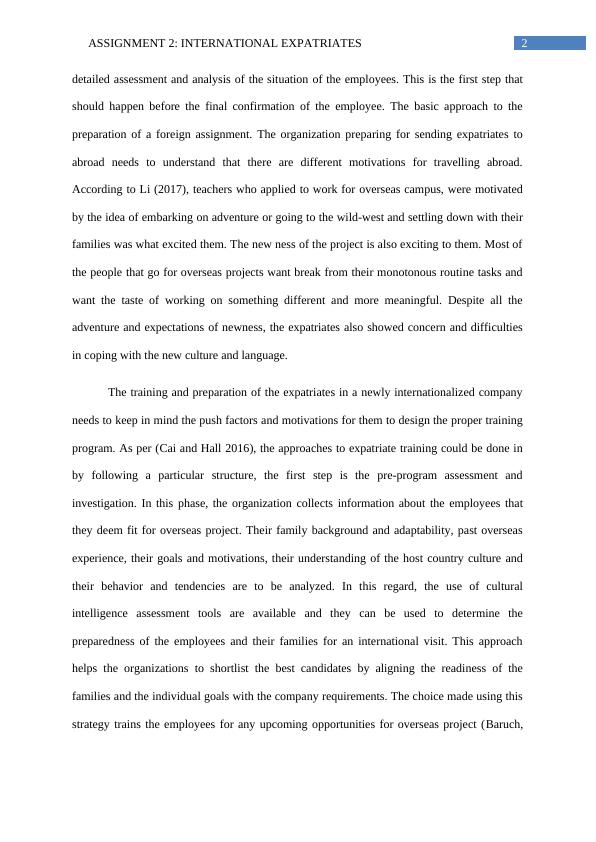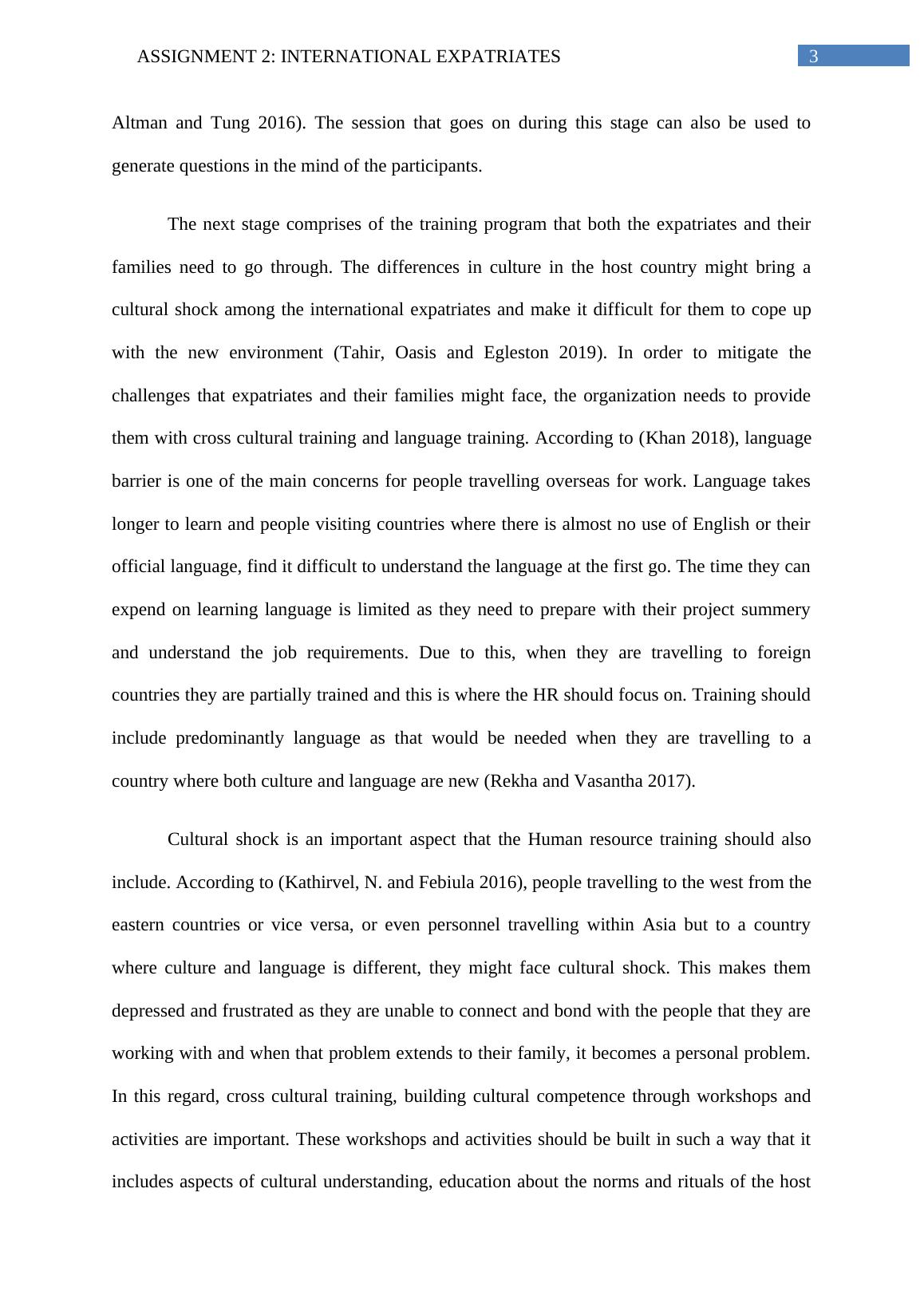What Is Resource Management and Why Is it Important?
This Module Information Pack provides information about the module to enable you to deliver it in a way that is comparable to that at the University of Northampton and at the University’s other partners.
Added on 2022-08-12
About This Document
In the document attached there are two assingments, choose assingment two. In assingment two This assingment is about Human resource Management, kindly write an assingment with good helpful examples such as military conscription & such & such. With global perspectives, that can bring about advancements in management theory,
What Is Resource Management and Why Is it Important?
This Module Information Pack provides information about the module to enable you to deliver it in a way that is comparable to that at the University of Northampton and at the University’s other partners.
Added on 2022-08-12
End of preview
Want to access all the pages? Upload your documents or become a member.




